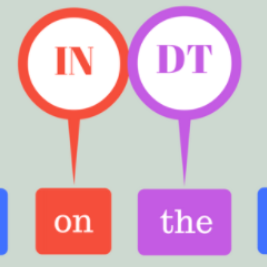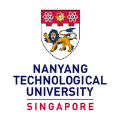Food reviews and recommendations have always been important for online food service websites. However, reviewing and recommending food is not simple as it is likely to be overwhelmed by disparate contexts and meanings. In this paper, we use different deep learning approaches to address the problems of sentiment analysis, automatic review tag generation, and retrieval of food reviews. We propose to develop a web-based food review system at Nanyang Technological University (NTU) named NTU Food Hunter, which incorporates different deep learning approaches that help users with food selection. First, we implement the BERT and LSTM deep learning models into the system for sentiment analysis of food reviews. Then, we develop a Part-of-Speech (POS) algorithm to automatically identify and extract adjective-noun pairs from the review content for review tag generation based on POS tagging and dependency parsing. Finally, we also train a RankNet model for the re-ranking of the retrieval results to improve the accuracy in our Solr-based food reviews search system. The experimental results show that our proposed deep learning approaches are promising for the applications of real-world problems.
翻译:食品审查与建议对于在线食品服务网站来说始终很重要。然而,审查与建议食品并非简单,因为食品可能会被不同背景和含义所淹没。在本文中,我们采用不同的深层次学习方法来解决情绪分析、自动审查标签生成和食品审查检索等问题。我们建议在南洋技术大学(NTU)开发一个基于网络的食品审查系统,其中包括帮助食品选择用户的不同深层次学习方法。首先,我们将BERT和LSTM深层次学习模型引入食品审查情感分析系统。然后,我们开发了一个部分语音算法(POS),以自动识别和提取审查内容中的形容词词词对配对,用于审查基于POS标记和依赖分割的标签生成。最后,我们还为检索结果的重新排序培训了RangNet模型,以提高我们基于Solr的食品审查搜索系统的准确性。实验结果表明,我们提议的深层次学习方法对现实世界问题的应用很有希望。





